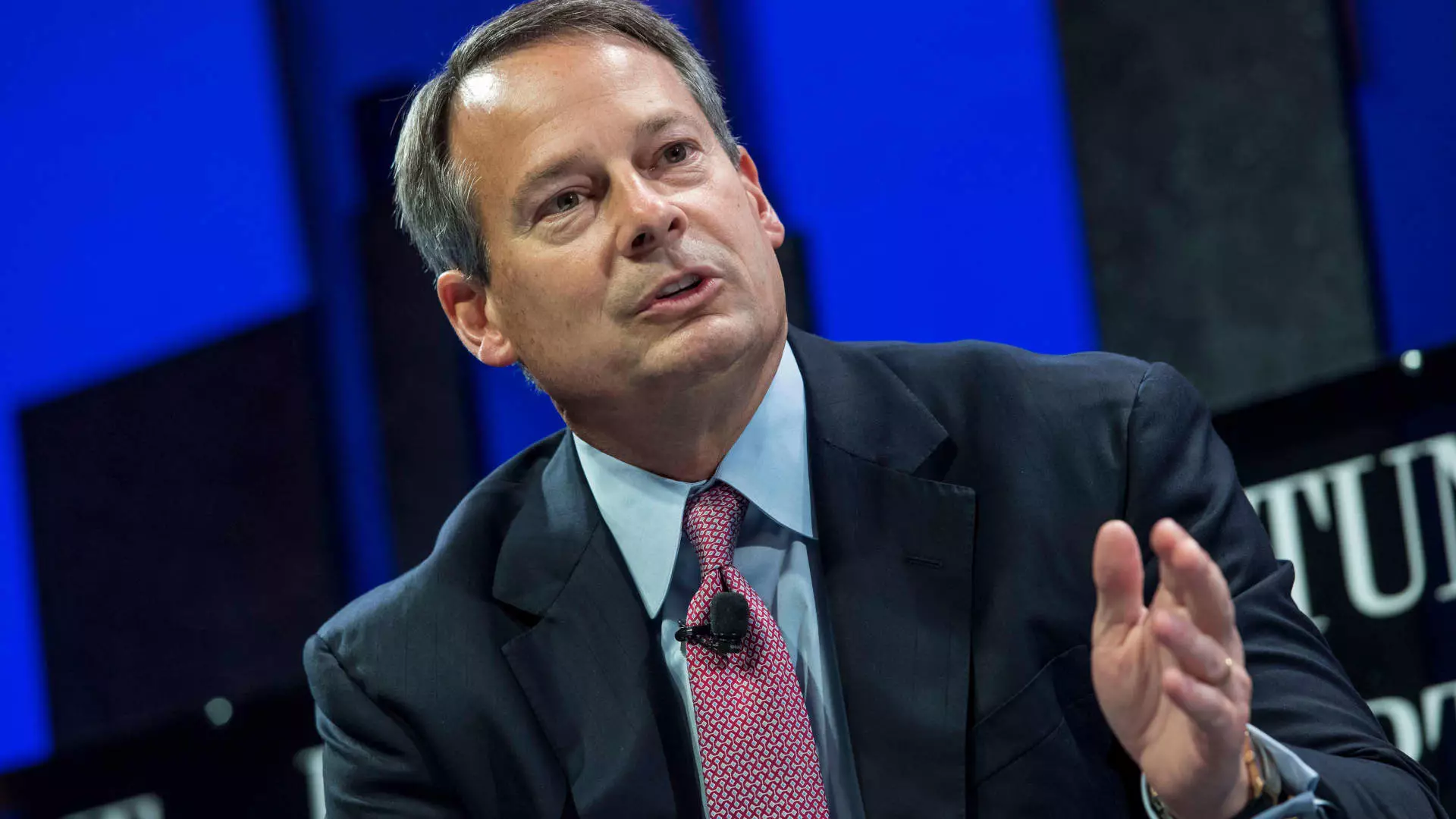Last week’s stock transactions by prominent corporate insiders paint a complex picture of the current business landscape. While some may interpret these moves as mere personal financial decisions, a deeper analysis suggests that these sales could reflect waning confidence in the future prospects of these companies. Executives possess unique insight into their organizations’ health, and their willingness to liquidate holdings often signifies underlying concerns, whether justified or motivated by diversification needs. From Celsius to United Airlines, a pattern emerges: insiders are increasingly cashing out, sending a potentially sobering message to shareholders. It is imperative for investors—particularly those operating with a center-right liberal perspective emphasizing cautious optimism about capitalism—to scrutinize these signals critically, recognizing that executive stock sales might often be a precursor to trouble, or at minimum, a sign to proceed cautiously.
Selective Selling Versus Strategic Liquidity: What Do the Numbers Really Say?
Interpretation becomes complicated when examining individual sales. Not every move is a red flag; some insiders genuinely liquidate shares due to predefined plans or personal financial strategies. For example, the notable sale of Celsius stock by Dean DeSantis, amounting to nearly $10 million at an impressive rally, might initially seem like a strategic exit to lock in gains. Yet, the timing—post a significant rally—raises questions about whether insiders are signaling bearish sentiment or simply managing portfolio rebalancing. Similarly, Charles Schwab’s Walter Bettinger sold $17 million worth of shares despite recent gains. While insiders often have incentives to maximize personal wealth, such sizable sales in a robust market environment may hint at an implicit warning: insiders might be retreating from their optimistic outlook on the sector.
Moreover, the sales from NXP Semiconductors’ CFO, William Betz, who offloaded 82% of his holdings at a profit, indicate a complex mix. On the surface, it could be a tactic to diversify risk or realize gains, but it also reflects a potential cautionary stance amid semiconductor sector volatility. The problem for investors is discerning intent: strategic liquidity does not necessarily coincide with systemic weakness, but consistent insider sales across multiple sectors should raise eyebrows and invoke skepticism about overarching market optimism.
Sector-Specific Risks and Broader Market Signals
The airline industry, represented by United Airlines and SkyWest, presents a particularly telling case. Executives like United’s Michael Leskinen revealing massive stock sales—more than half of his holdings—amidst a turbulent year, arguably suggests concern about the airline’s near-term trajectory. While the sector has recovered somewhat, the persistent insider sales indicate that insiders might be hedging against potential downturns or structural issues. For airline companies that have historically been seen as cyclical and vulnerable to external shocks like economic downturns or fuel price spikes, insider selling can be a crucial warning sign.
Similarly, the semiconductor sector’s recent performance, with NXP’s Betz reducing holdings sharply, might reflect underlying fears about supply chain disruptions, geopolitical tensions, or tech sector correction risks. When high-ranking officers systematically lighten their stakes, the message is that they anticipate headwinds or, at the very least, recognize vulnerabilities that the broader shareholder base might overlook.
Lastly, the retail food sector—embodied by Wingstop’s CEO—adding to the narrative, with significant sales despite a strong year-to-date performance, suggests that insiders are preparing for potential turbulence ahead. Insiders’ appetite for liquidity amidst ongoing economic uncertainty may reveal a fragile confidence or even an expectation of a downturn that external analysts and retail investors might not fully appreciate.
Why These Insider Moves Matter in a Center-Right Business Climate
From a center-right perspective, which champions free enterprise tempered with pragmatic regulation and fiscal responsibility, insider sales serve as an important barometer of the business environment’s health. While one could argue that such sales are routine, a pattern of large, untimely transactions combined with economic headwinds—such as inflation, geopolitical instability, or sector-specific cyclicality—should spark caution rather than complacency.
It is essential for investors and policy advocates alike to treat insider sales not just as personal financial decisions but as signals woven into the fabric of market confidence. Their timing, magnitude, and context provide invaluable insight into corporate sentiment that numbers alone cannot reveal. In an environment where government overreach and regulatory uncertainties threaten to distort market signals, these insider moves serve as a crucial check—highlighting the importance of maintaining a balanced view that recognizes both the potential undercurrents of caution and the resilience of the entrepreneurial spirit.
Finally, active investors should view these transactions as red flags—prompting rigorous due diligence and a skeptical eye towards overly optimistic forecasts. In a marketplace complicated by external shocks and internal vulnerabilities, the confidence of insiders can serve as both a warning and a guiding light; the prudent investor will interpret these signals as a call for restraint, not exuberance.

